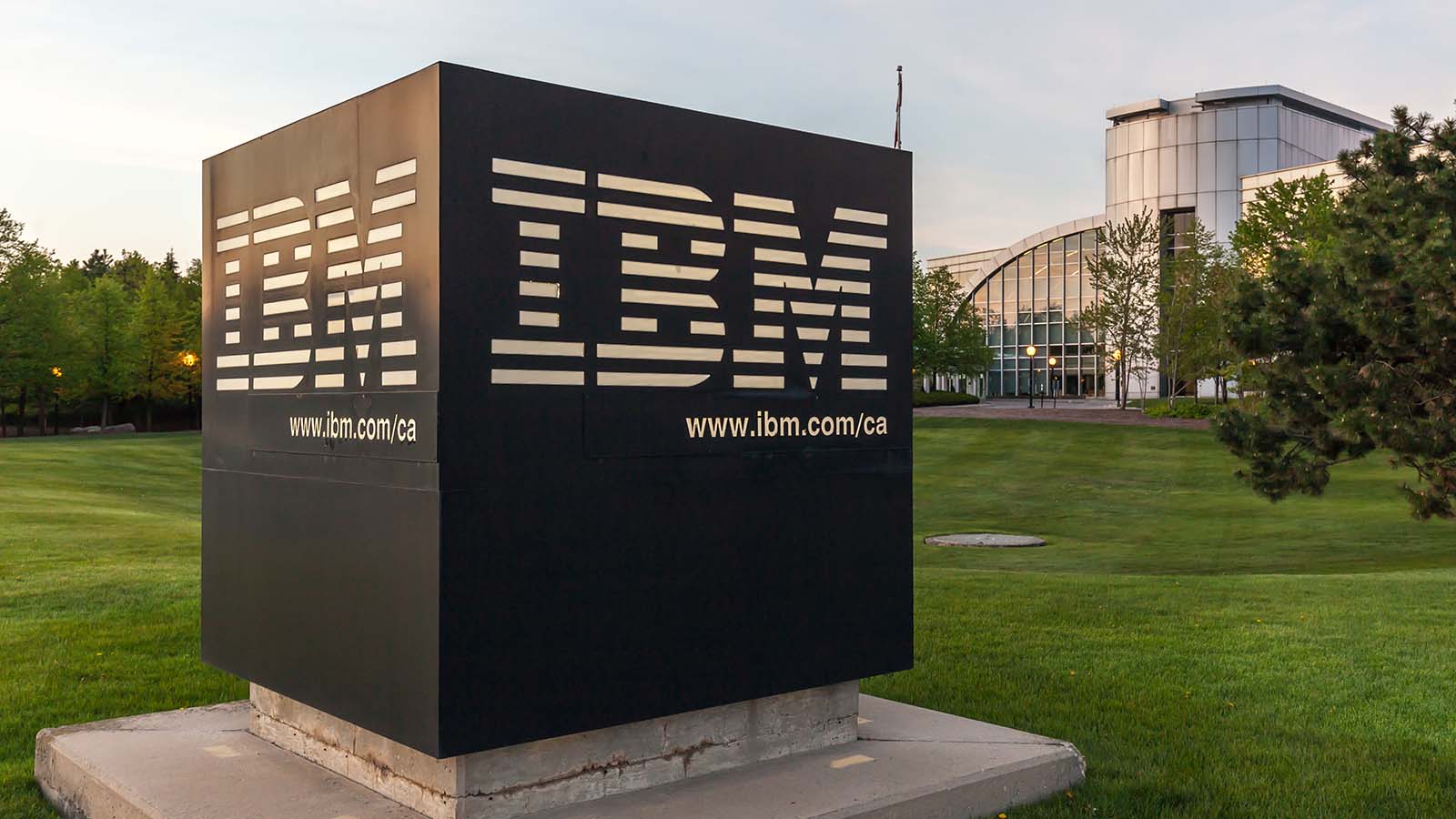There’s a reasonably obvious value case for IBM (NYSE:IBM). IBM stock trades at barely 10x 2020 EPS estimates. Its dividend yields 4.75%.

Both figures are among the cheapest in all of tech. And they suggest that IBM has room to rally if the company can simply provide stable results. With Red Hat now on board, plus efforts in cloud and in blockchain, that bogey doesn’t seem that tough to hit.
And yet International Business Machines stock is fading once again, dropping ~10% since touching a 10-month high early last month. It’s not as if investors don’t know that IBM stock is cheap; this is one of the most widely-held stocks in the market. Investors do know, they’re just not buying the bull case here. Right now, it’s hard to see how that changes.
Post-Red Hat Decline and IBM Stock
At the end of July, IBM stock seemed to be heading in the right direction. The stock had risen over 30% in 2019 alone. Its Q2 earnings weren’t spectacular, but they were good enough to move the stock higher.
The rebound from late 2018 lows seemed to suggest that investors had come around to the logic of the Red Hat acquisition, even if IBM paid a dear price in the process.
What’s happened since then? IBM detailed its outlook for Red Hat, and as I argued at the time, it didn’t look like enough. A projected $1 billion contribution to free cash flow in 2021 was helpful – but hardly transformative for a company already generating $7B+ in annual FCF.
The stock price started slipping immediately after the company gave its post-Red Hat guidance, and it kept falling before a recent bound.
It does seem like that guidance disappointed, even if some Street analysts saw it as positive. External factors don’t seem to explain the decline. Other large-cap tech plays like Microsoft (NASDAQ:MSFT) and Alphabet (NASDAQ:GOOG,NASDAQ:GOOGL) have traded flattish over the same period.
Admittedly, Oracle (NYSE:ORCL), perhaps the most similar tech play to IBM, has declined itself. But that’s not exactly good news for International Business Machines stock, either.
What Drives IBM Stock Higher?
Because the question right now is simple: what catalyst does IBM have at this point? Investors have given their opinion on Red Hat. That leaves the legacy business.
And that business isn’t strong enough. It infamously posted 22 straight quarters of declining revenue before ending the streak in early 2018. After three quarters of growth, however, IBM has returned to its old ways in each of its last four earnings reports.
There’s a turnaround case, admittedly. There are hopes that with help from Red Hat IBM can become a bigger force in cloud. The mainframe cycle should turn in the company’s favor again.
But that case has held for most of this decade, and IBM, even with healthy dividends, has been a poor investment. Total return over the past five years has been negative. It’s difficult to see investors suddenly deciding that case works at this point, as cloud rivals continue to take share and IBM integrates its largest-ever acquisition.
It’s possible that IBM will prove to just be too cheap: indeed, I made that case last year. But investor confidence in that case is flagging. It’s difficult to see how that changes any time soon.
As of this writing, Vince Martin has no positions in any securities mentioned.
